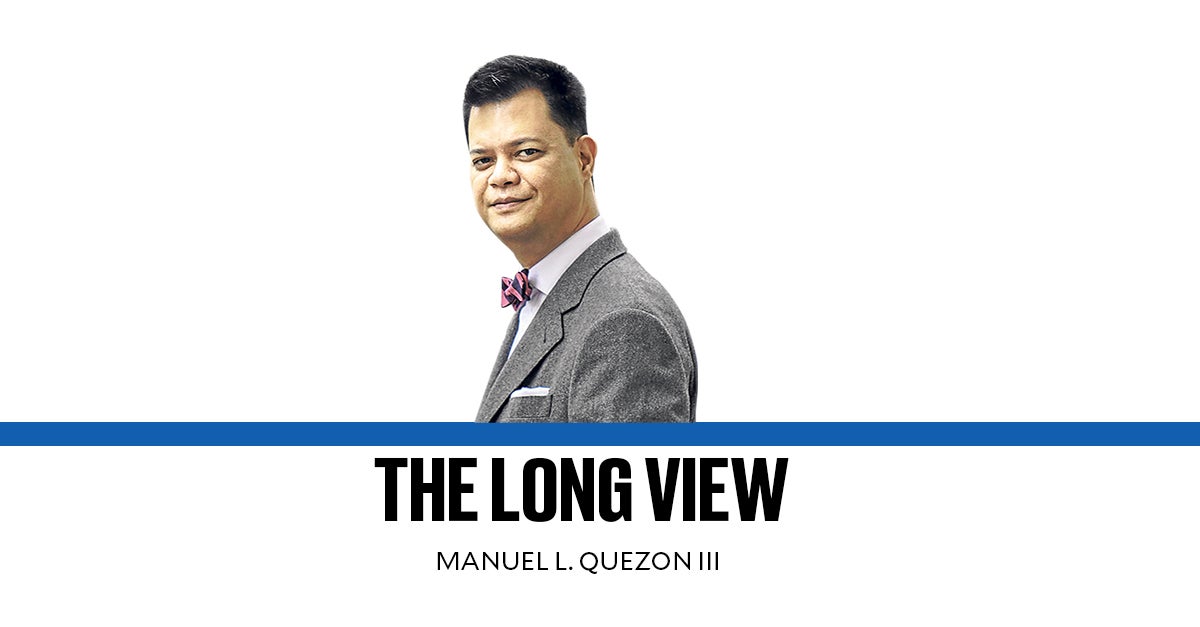Throwing out assumptions

Writing in the Asia Sentinel, Khanh Vu Duc observed that even as United States President Donald Trump abruptly left the G7 Summit in Canada, Chinese President Xi Jinping had posted a message on X: “History doesn’t just repeat itself, it accelerates.” Just the day before, he posted: “The world can move on without the United States.” In the words of Duc, “Together, these two statements—brief, deliberate, and strategically timed—capture a growing perception: the world is learning to operate without American leadership, not in hostility but in adaptation.”
Trump had already proven himself the outlier at the summit, the threefold agenda of which was global tax coordination (particularly the Organization for Economic Cooperation and Development-backed plan for a global minimum corporate tax rate), climate finance, and long-term military aid for Ukraine. With Trump out of the way, the remaining leaders went ahead.
And this, Duc argues, is the point Xi Jinping was making: “As America steps back, China positions itself not merely as an alternative, but as the inevitable heir to global centrality. While Washington debates, Beijing narrates. With just a few words, Xi reframed the G7’s drama into a broader historical arc: the end of US dominance as a fait accompli.”
But the nation that dominated the headlines was America. There was the “will he” or “won’t he” speculation that finally gave way to the announcement that American bombs had been dropped on Iran’s most secure nuclear facilities. As Bill Bishop in his well-regarded newsletter Sinocism pointed out, “The Xi administration was relegated to a powerless observer in this conflict, probably angered the Iranian leadership with its lack of assistance, and now will find whatever angle it can to criticize the US. But I think they will be relieved the Iranian response to the US bombing was performative, the Straits of Hormuz remain open, and the risk of a wider war may be abating.”
The Australian defense analyst Hugh White recently published an extended essay arguing that even as people ask whether America will concede Asia to China, the fact is that it already has: to be precise, as Arnaud Bertrand helpfully paraphrases it, “withdrawal occurs when a great power loses the ability to impose its will in a region.” It works like this: “The test is simple: can America still compel regional actors—China specifically—to do things they don’t want to do or deter them from things they do want to do? When the answer becomes “no”—when China can safely ignore or defy American preferences—withdrawal has occurred regardless of how many bases remain.”
Bertrand, paraphrasing White, adds compulsion requires three things working together: “overwhelming economic leverage, decisive military superiority, and credible willingness to escalate to nuclear war if necessary.” Absent one, it won’t work.
But what happened in Iran—with the added news of both Israel and Iran accepting a ceasefire brokered, it seems, by Washington—challenges the assumptions outlined above.
The Israeli analyst Haviv Rettig Gur argues the American bombing of Iran is a demonstration of what he calls the “Trump Doctrine,” which, according to him means “Trump’s brand of isolationism shows the United States can still secure the world, protect the world, and police the world, without having to secure, protect, and police it; and the basic idea is the ally does the heavy lifting, and the United States comes in to deliver the coup de grace.”
This addresses both the assertions of American military decline and the perennial question that haunts all American allies (as Hugh White put it, “Can we depend on our allies?”) as Rettig Gur says, “To my Taiwanese friends and South Korean friends, and Japanese friends, and European friends, you face enemies and you face an America that doesn’t want to fight for you: it will fight for you if you can fight for yourself; that’s the point, and I want to tell you that it has always been thus.”
Returning to Duc, he asked, “Xi offered one version of the future: a world where power migrates from the careless to the prepared. Trump, perhaps unintentionally, reinforced that narrative. But Carney, the G7+, and the broader community of democratic nations offered another path: a recalibrated, post-American leadership model rooted in shared purpose and mutual respect. The world is moving. The only question that remains is: Who has the vision, credibility, and courage to shape where it goes?”





















